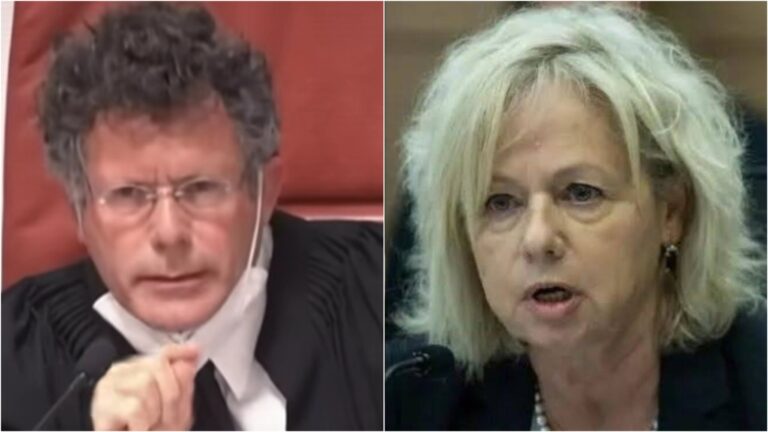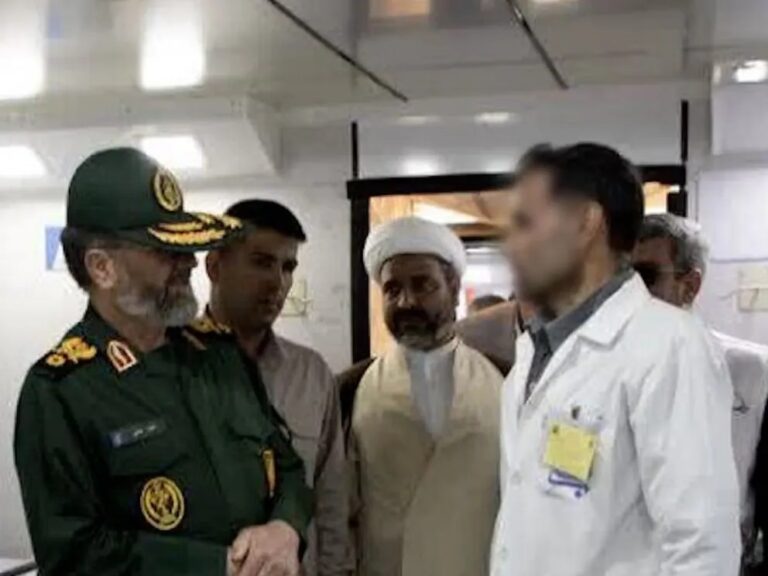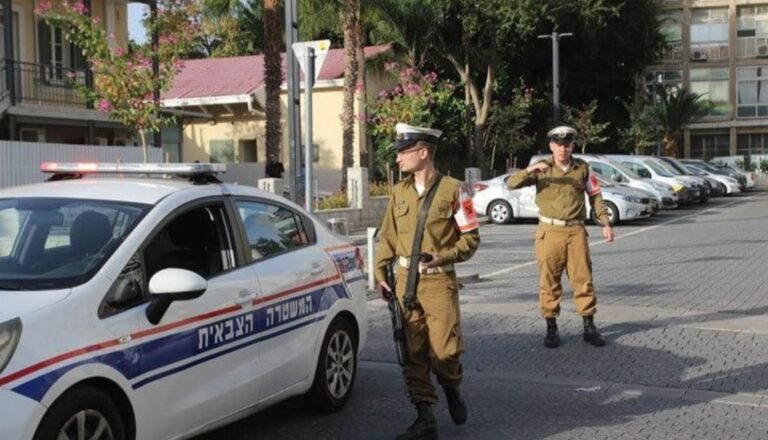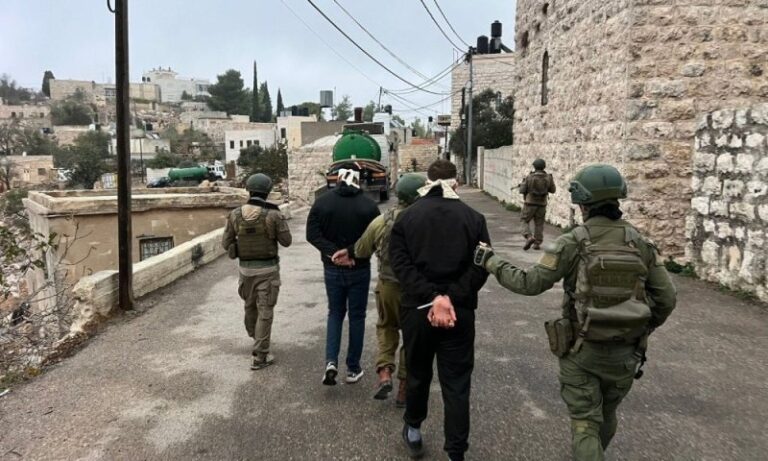The Jerusalem Municipality launched a plan to construct 1,000 new classrooms throughout the city, offering a solution to the shortage of classrooms in all sectors of the city.
For the past few years, the city has suffered from a shortage of approximately 3,800 classrooms, as determined by a recent mapping project of the city’s educational system: 505 in the general sector, 1,938 in the Arab sector and 1,410 in the chareidi sector. The cost of closing this gap is estimated at roughly NIS 5 billion. This shortage is the result of a number of interrelated factors, including a lack of state funding and a city growth rate which dictates the need for an additional 186 classrooms per year.
Mayor Barkat led this breakthrough through the development of a unique financial model, in which various financial bodies, led by Bank Leumi, will raise NIS 1 billion for the construction of the first 1,000 classrooms. Last week, following the approval of the general plan outline, the Ministry of Interior approved the first part of the loan, at a sum of NIS 370 million. Bank Leumi confirmed the entire sum, which will allow for immediate construction of approximately 370 new classrooms.
The construction of the permanent classrooms will gradually save the Municipality an annual sum of approximately NIS 140 million, which the Municipality is currently spending on leasing temporary classroom facilities.
At the direction of Mayor Barkat, the Municipality has been focusing on advancing these plans and shortening procedures to expedite this construction. The new, expedited process will take between 18 months and two years, shortening the current process by roughly a year. In parallel, the Director-General of the Municipality is leading a newly established administration to execute the planning, execution and financing of the construction of thousands of missing kindergarten and school classrooms. The Municipal company Moriya will be in charge of locating areas and of planning and building the classrooms throughout the city and will work alongside the Local Government Economic Services Ltd, which is already engaged in building educational institutions throughout the city. The new classrooms will be built along with laboratories, libraries, activity areas and more.
Jerusalem Mayor Nir Barkat noted that “We will not be deterred by red tape and we will not wait forever for the funds for these classrooms to arrive from the government. The students of Jerusalem deserve better. We have created a groundbreaking, out-of-the-box financial model for constructing classrooms in the city, which is excellent news for our residents. It is our utmost responsibility to provide each student with the proper tools and an environment to succeed in their studies. I would like to thank the Ministry of Interior and Bank Leumi for joining us in our efforts. We can now roll-up our sleeves and get to work.”
(YWN – Israel Desk, Jerusalem)











